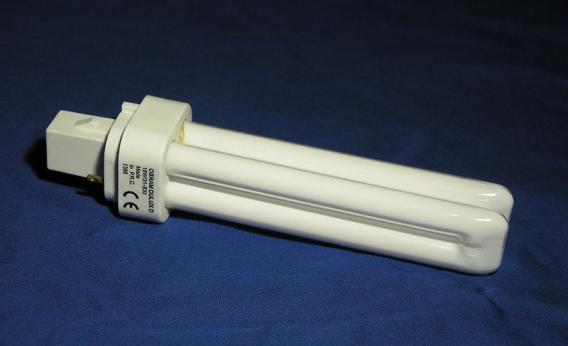It’s obvious that under some circumstances increased energy efficiency won’t actually cut energy consumption. The underlying technology of the internal combustion engine, for example, has improved dramatically over the past 40 years making our cars much more energy efficient than they used to be. But one main result of that has been for the cars to get much larger with more powerful engines rather than simply consuming less fuel. Apparently some people in the green community have extremely strong feelings about how big a deal this kind of “rebound” effect is, but realistically, to get good estimates would require careful empirical study. This little FAQ from Jesse Jenkins, who’s a believer in a pretty strong rebound effect, does a good job of at least sketching out what the issues are. I’d suggest the following three distinctions as broadly useful:
Rich people versus poor people: One way your household could reduce its energy consumption is by taking whatever you find to be a comfortable winter temperature for your house and setting the thermostat two degrees cooler so that you’re slightly uncomfortable. If you’re a prosperous person, you probably don’t do that and probably think it’s a ridiculous suggestion. If you’re a poor person who lives in a cold area, you’re probably very familiar with the concept of saving some money by putting up with a little personal discomfort. Now what happens if your insulation improves, making it less costly to keep the house warm? If you’re rich, you just use less energy to heat your house. Money was not a binding constraint on your previous home heating decisions. But if you’re poor, you may well plow the energy savings into making yourself more comfortable.
Rich countries versus poor countries: Poor in the U.S. domestic context means something different than poor in the Bolivian context. Very few Americans are so poor that they would take advantage of more efficient lightbulbs to make their living rooms brighter, but in the global context a lot of people are extremely poor and their behavioral response to changed circumstances is going to be quite different from what fits our developed world intuitions.
Household versus industrial uses: In the household there’s only so much energy you want to use. People don’t want super-hot houses, or blindingly bright lights. You get sated by outcomes, so if a new lightbulb comes around that’s ten times as efficient you’d have to be a crazy person to respond by making your room ten times brighter. In an industrial setting, energy is a production input. If you find a more efficient way to turn burnt coal into widgets it would be strangely unambitious of you to forget that this means you can now make and sell more widgets.
My only real bottom line from this is that if you want to reduce economy-wide greenhouse gas emissions there’s no substitute for an economy-wide cap on greenhouse gas emissions that gets lower over time. If you have such a cap in place, then there’s tons of evidence that efficiency offers a lot of low-hanging fruit for meeting the cap’s goals. To return to the car example, part of the point of the rebound story here is that the technology already exists to make conventional cars and trucks wildly more efficient. By the same token, we don’t need Manhattan Project Part II to discover the sweater as an alternative to extravagant use of home heating oil. What’s less clear is what kind of impact you get from pushing on the efficiency levers in isolation. Theoretical models suggest, however, that if you’re going to do this you should try to lean on measures that impact relatively affluent households rather than businesses, less-affluent households, or poor countries.
